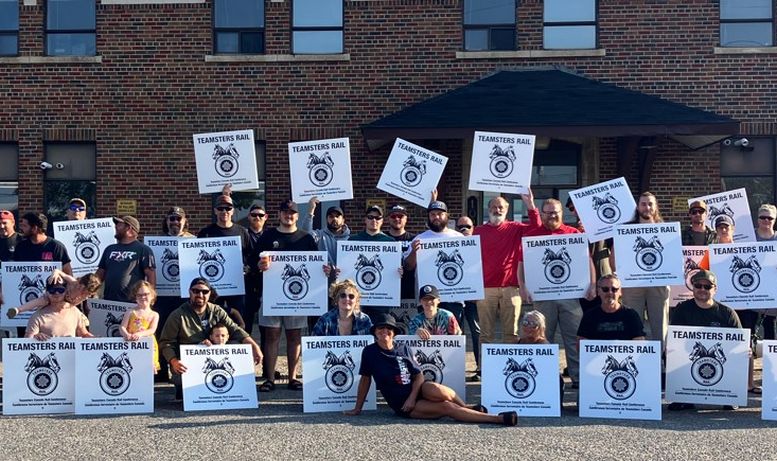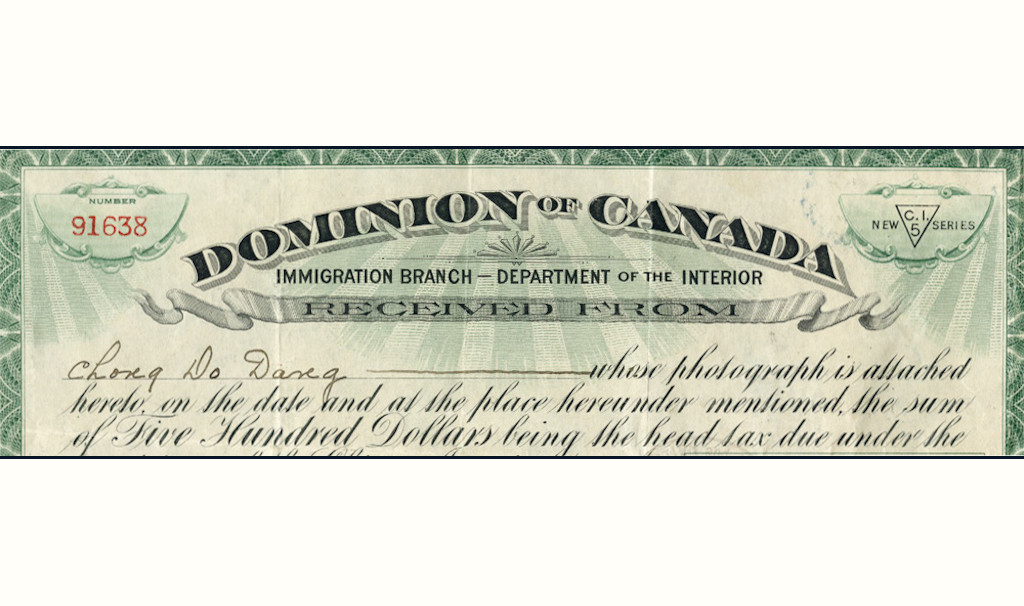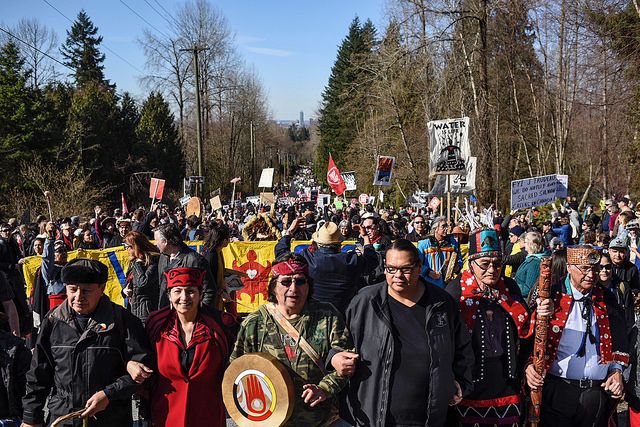Rail Strike Update, November 16
The Canadian government, with support of the Canada Industrial Relations Board (CIRB), has forced the 9,300 rail workers, members of the Teamsters union, back to work. This flouts the democratic rights of workers to go on strike. The workers voted, with 99 percent in favour, for the strike. The Supreme Court of Canada has ruled that workers have right to strike.
It is reported that the arbitration will not start until March 2025, over six months after the government ordered it!
The Labour Minister, Steven MacKinnon, ordered on August 22 that the dispute go to arbitration. On August 24, the CIRB ordered the strikes at Canadian National and Canadian Pacific Kansas City (CPKC), to stop by August 26.
This is an attack on all workers. If employers stall negotiations and then get the government to intervene, the right to strike is meaningless.
The Teamsters union has complied with the CIRB’s decision but will appeal the ruling in the courts. It has rightly stated that the decision “sets a dangerous precedent” and that “the rights of Canadian workers have been significantly diminished today.”
It is important to remember that central to the union’s concerns are the companies’ plans to change shifts and working arrangements that will make the railways even more dangerous. Already trains carry many high-risk cargos and do derail. This is a concern to all Canadians, as freight trains run through almost every city and town in the country.
Canada’s rail network was shut down. The two companies, Canadian National and Canadian Pacific Kansas City, that control the country’s railroads locked out their 9,300 workers just after midnight on August 22. This follows months of an impasse in negotiations. The workers, members of the Teamsters Canada Rail Conference, voted 99 percent for strike action. This overwhelming mandate shows their determination to fight for a strong contract and stand up to the big rail corporations.
Government Interferes in Negotiations
Big business called for the federal government to refer the dispute to the Canada Industrial Relations Board for binding arbitration, which before the lockout, they declined to do. Finance Minister Chrystia Freeland forcefully asked both sides to “get a deal.” The government pointed out that workers have a right to strike under Canadian law and that the best approach is for there to be real negotiations. The Labour Minister after meeting with Teamsters Canada, and CN and CPKC, described the negotiations as “unacceptably slow.”
Yet, only 17 hours into the shutdown, the government ordered the dispute to go to binding arbitration. The government has acted as the employers and big business wanted. The union had refused binding arbitration, which would provide an illusion of a “fair deal for both sides” but would most likely give the rail companies what they want.
The lockout would massively threaten big business’s profits, as it cuts across almost every major industry. As is to be expected, provincial governments, chambers of commerce, and business associations pleaded with the federal government to act whether through back-to-work legislation, declaring rail an essential service, or binding arbitration. The bosses are united in not calling on the rail companies to bring forward a constructive offer as businesses and their politicians act in the interests of their class.
The Saskatchewan government demanded the federal government introduce back-to-work legislation. Multiple chambers of commerce have called for railways to be deemed an essential service. However the rail companies do not agree and the Canada Industrial Relations Board (CIRB) declared that rail was not an essential service.
It seems from the start that the rail companies hoped that the government would act on their behalf rather than seriously negotiate. This is similar to the employers’ approach to last year’s strike of BC’s ports. However, in that case eventually the port companies had to negotiate a settlement.
Railways Put Profits Over Safety
The dispute is not only about pay; it is about safe working conditions. The rail companies have put profitability over the safety of the workers and over everyone who lives near a railroad. This includes changes in clocking out. If workers finish ahead of time, they can be reassigned to new tasks.
Teamsters have pointed out the danger of fatigued workers. Simultaneously, the companies want to schedule only 10-12 hours between shifts. Railways want to ensure that workers’ every waking moment is spent on the tracks, leaving barely enough time for sleep and travel. In addition, there are few limits on when workers may be called in for a shift — presenting increased fatigue risks.
Capitalists Brace for Impact
There is no overemphasizing the power rail workers have in this strike; $1 billion worth of goods travels by rail every day. A rail strike or lockout has the potential to shut down capitalist business as usual, due to the nature of Canadian supply-chain infrastructure. And unlike in previous rail disputes or strikes, both CN and CPKC have locked out the workforce at the same time.
Both companies began reducing supply-chain transportation earlier this month, preparing for a lockout. Hollow messages from the rail bosses of blaming the union for the shutdown belie their actions. The bosses have prepared for a showdown.
Many industries have sounded the alarm; the fertilizer and agriculture sectors warn of the potential effects on food supply chains. Animal farming has warned of the effects on perishable meats. Chlorine industries, used to treat drinking water, will be affected. Non-food industries, like auto, medicine, hazardous materials, and freight are also being affected.
Internationally, Canadian business fears a fallout in relations over trade. President of Freight Management Association of Canada has said this strike “is very bad for our reputation, as a trading nation.” Many companies have strong ties to American business with some fearmongering that contracts will be cut due to the lockout. “From an international point of view, if you lose a contract … who knows if it’s coming back.”
Solidarity with Rail Workers
Business has used the effects of a strike on workers and small business as a cudgel in hopes of building mass support against a strike. Reality is much different.
President of Teamsters, Paul Boucher, said that the companies (CN in particular) care “little for farmers, supply chains, or small businesses. This highly profitable company is playing hardball with the Canadian economy, doing whatever it can to line the pockets of its managers and shareholders, no matter the consequences.”
CN and CPKC prioritize profits over safety and good work conditions, preferring to lock out workers and shut down the economy. Working-class people must stand in solidarity with rail workers and against corporate greed.
The Liberal government’s decision to refer the lockout to the CIRB for arbitration is a gift to other employers and an attack on workers’ rights and unions. Every employer will be tempted to lock out its workers, hoping that the government will intervene. This is an issue for all unions.
The outcome of the arbitration may present a challenge to the workers if it finds in favour of the bosses. The union has power to win a good contract. They, unlike the bosses, are necessary to run society. To win they will need to stand united and strong.
Rail workers do not have to fight alone. Solidarity from other workers would boost their power. Organized and fighting together, workers have the power to win. Solidarity with rail workers!



